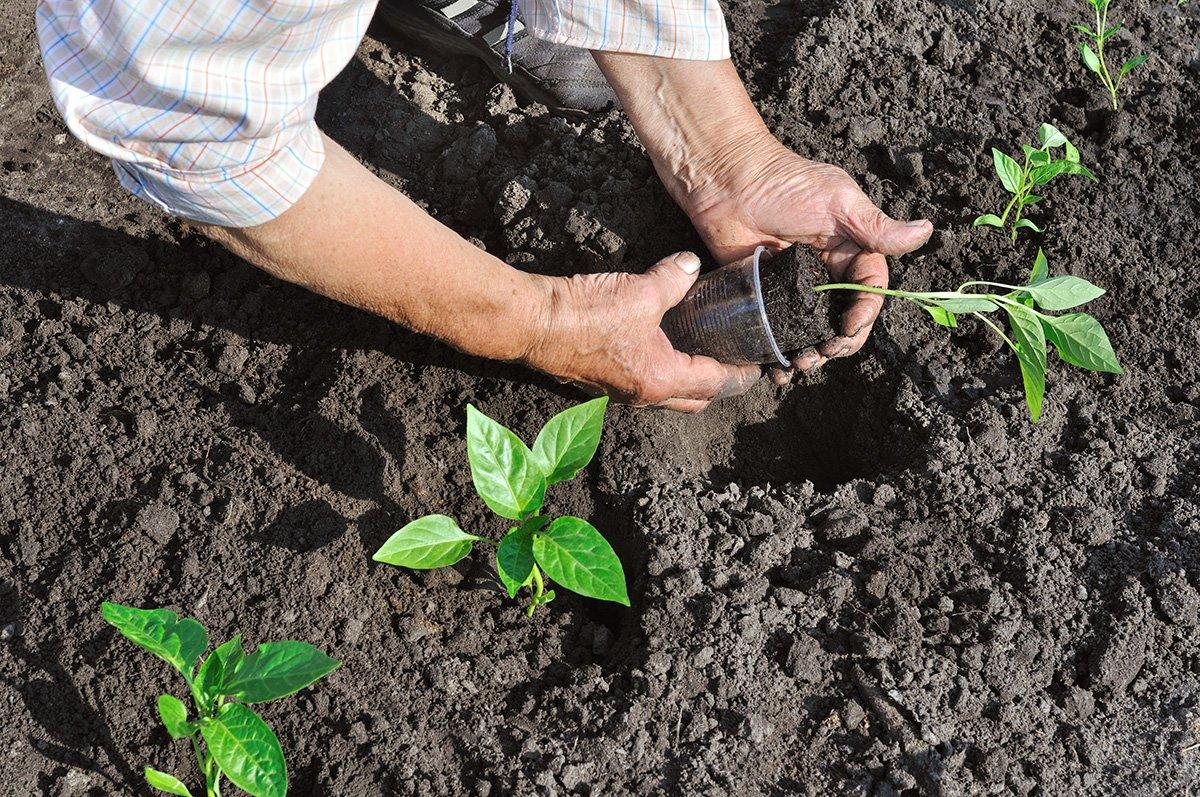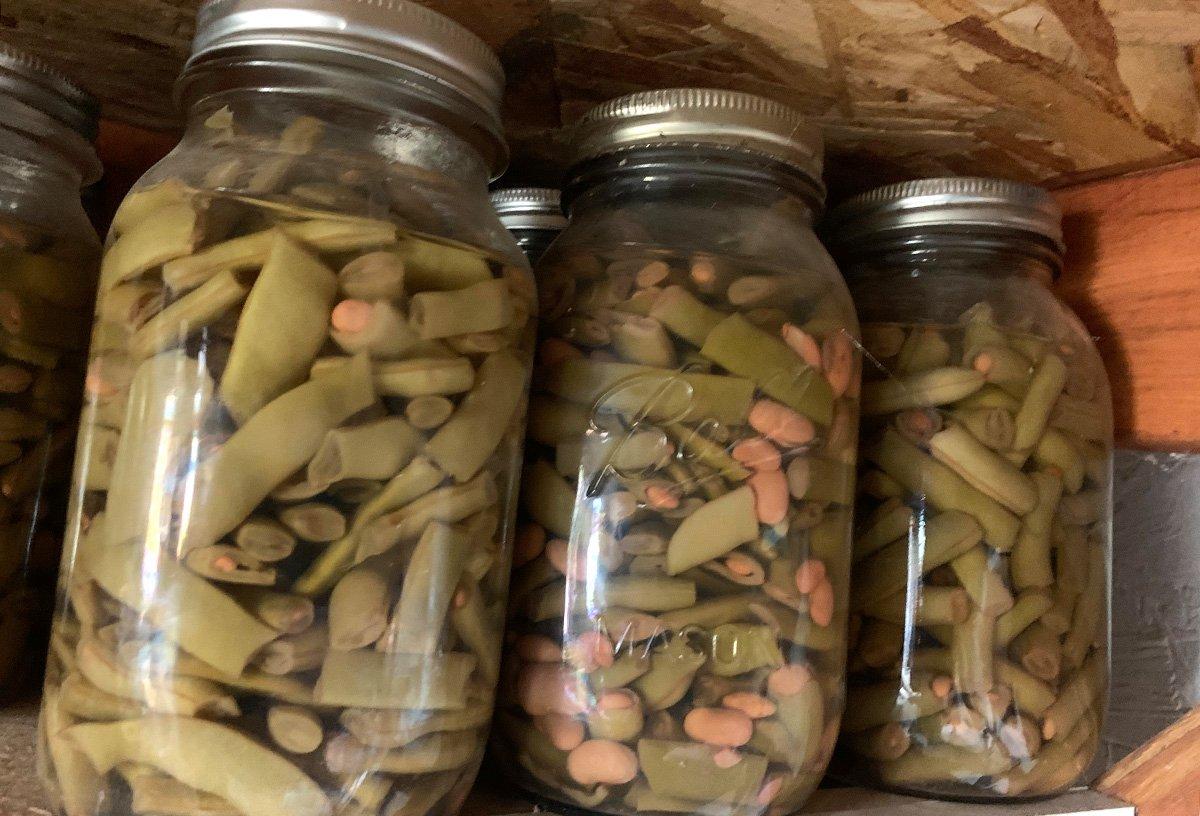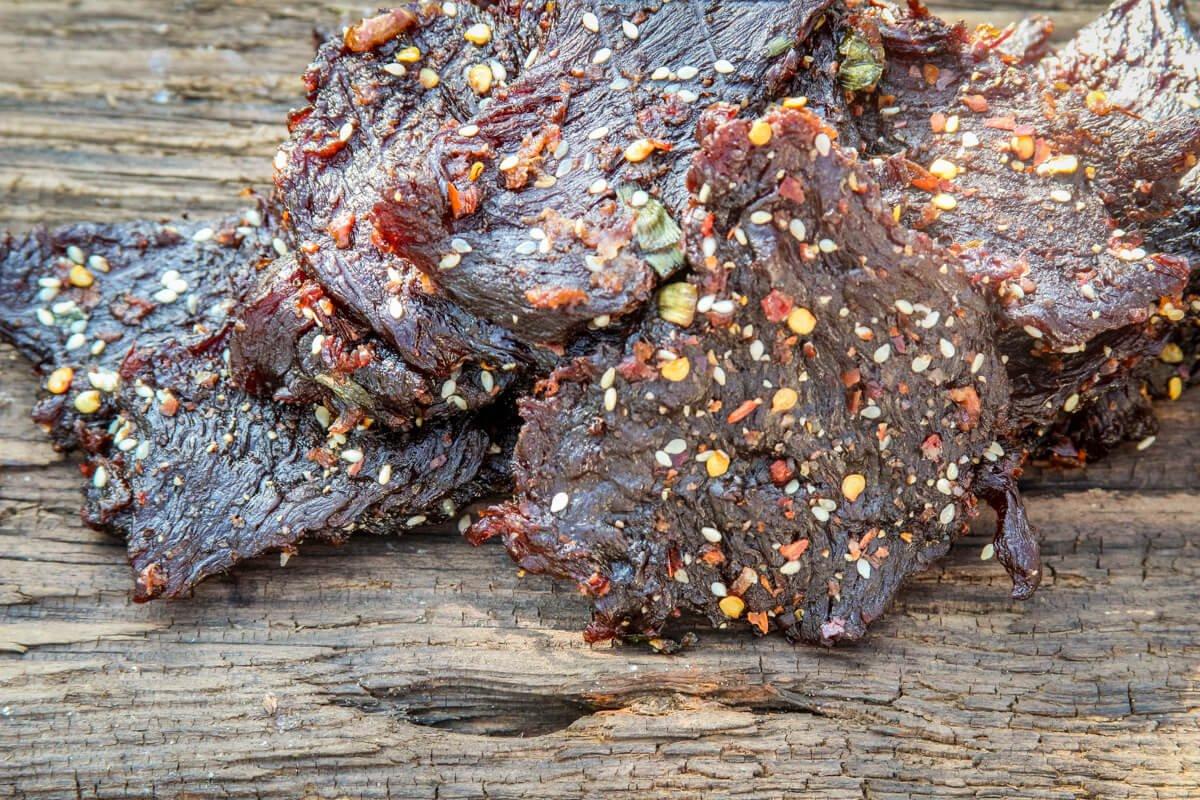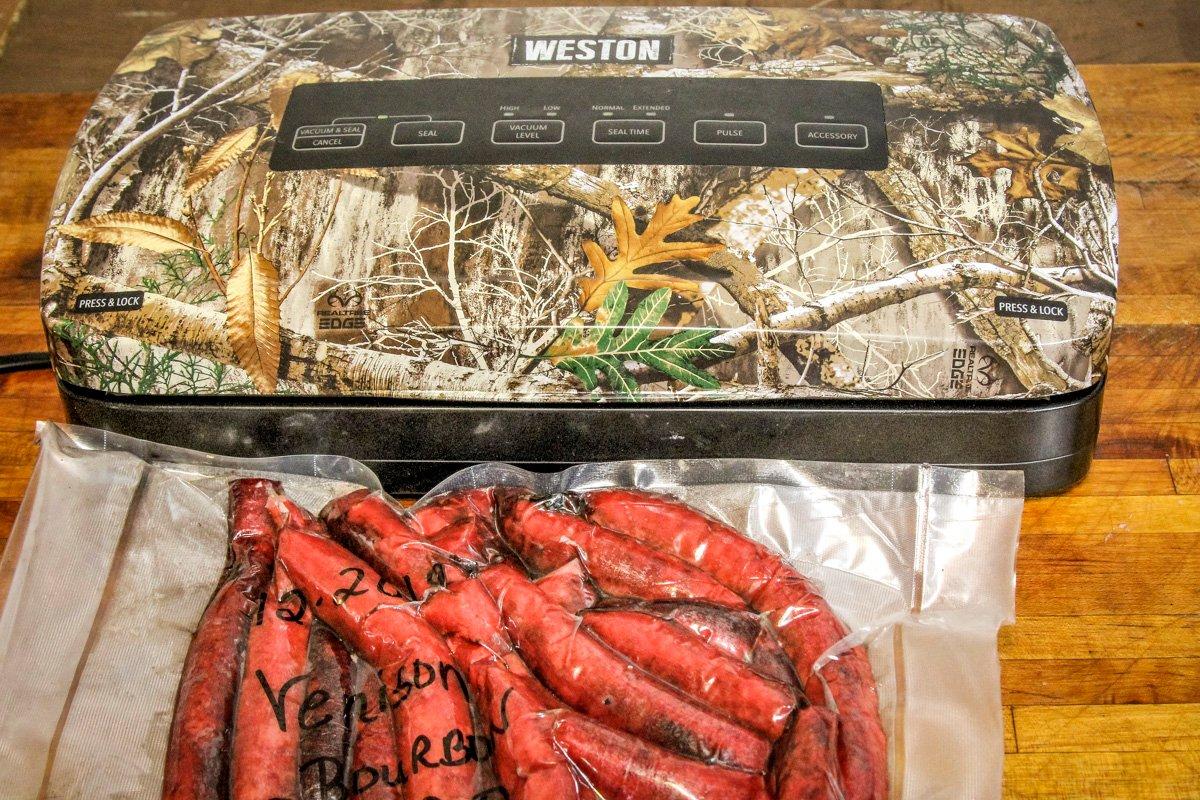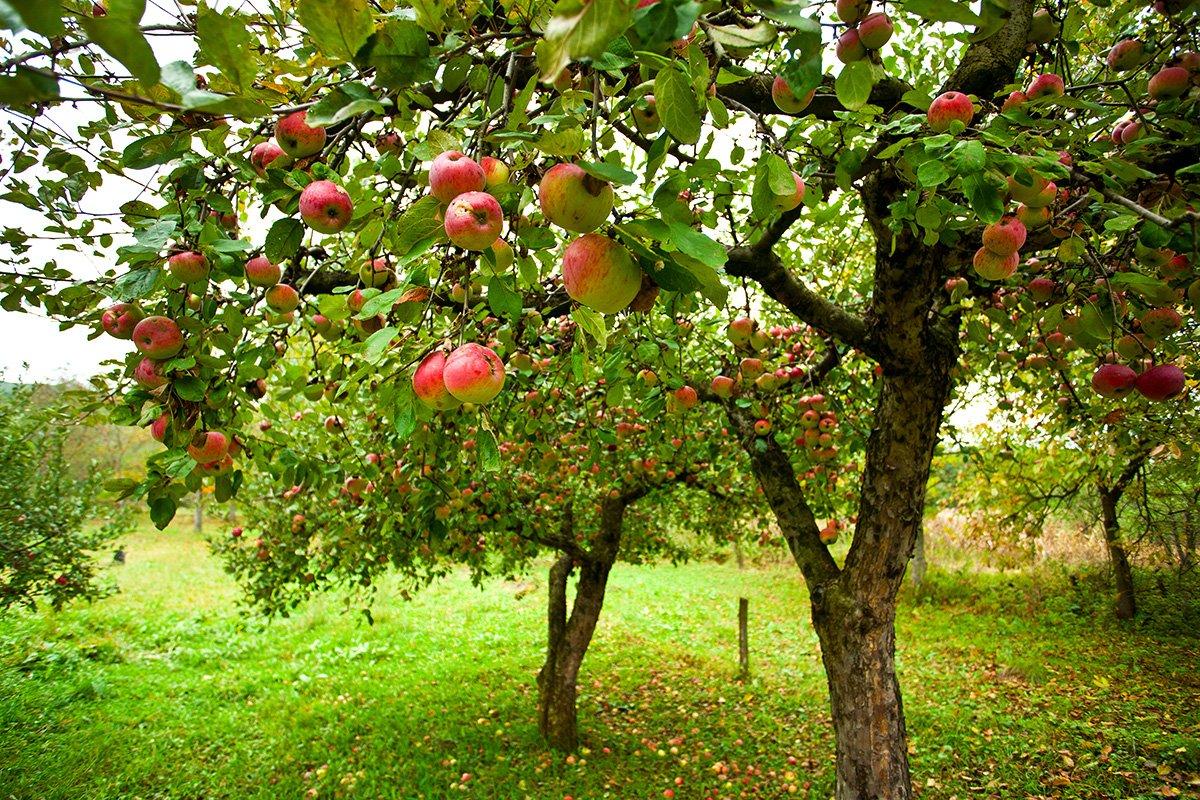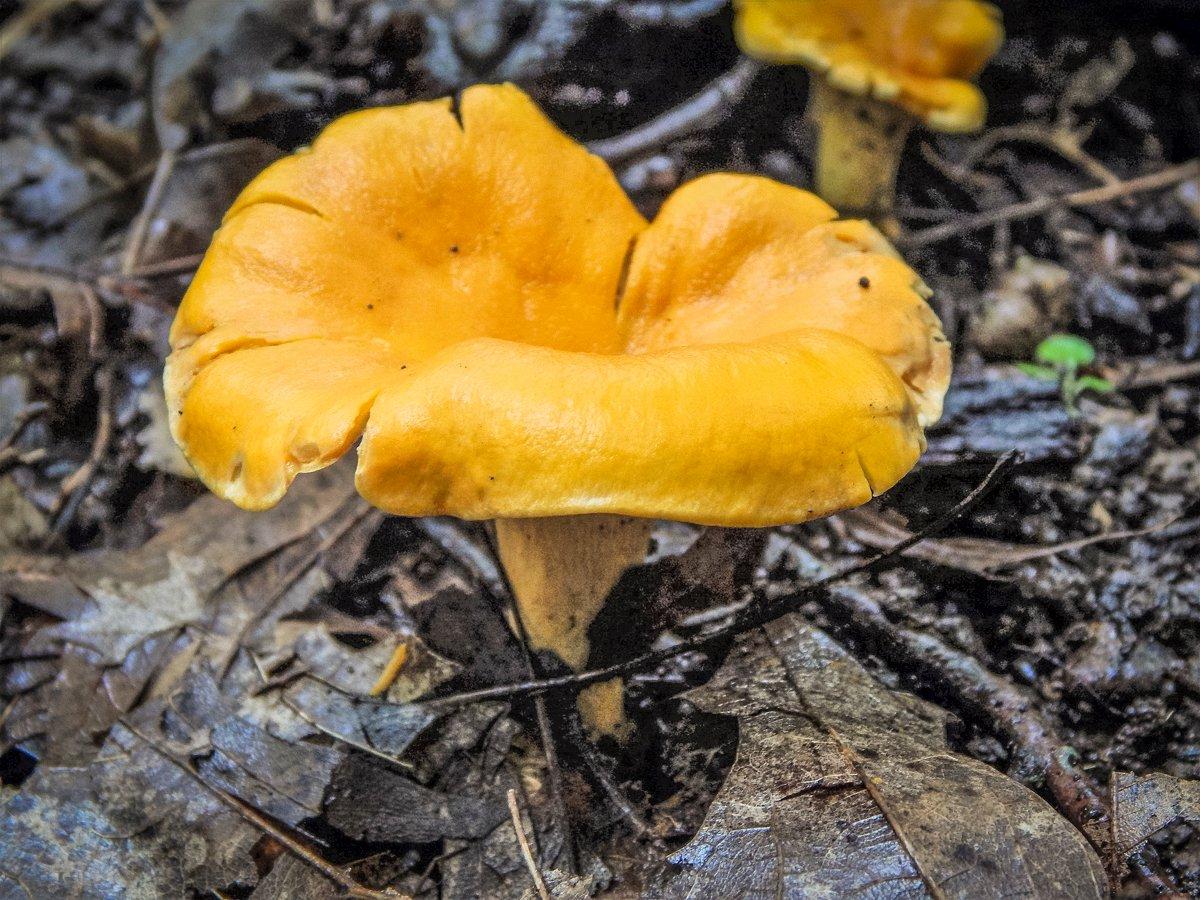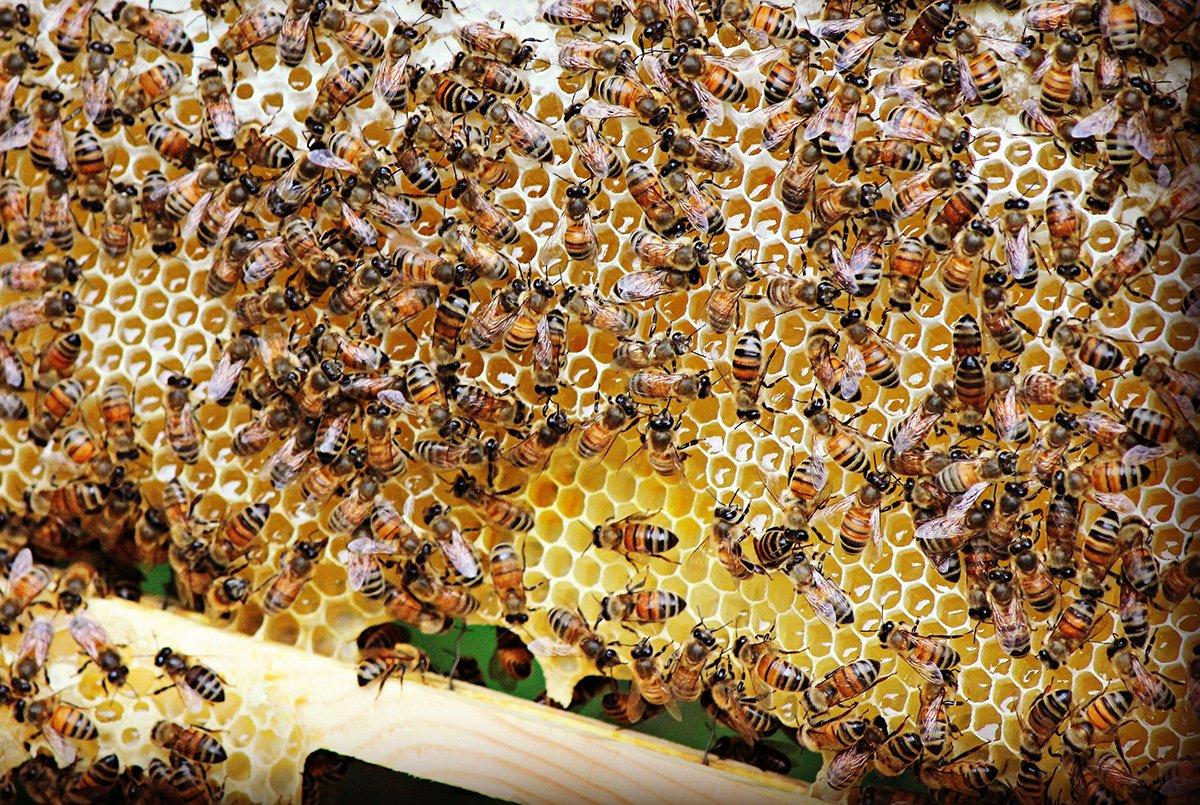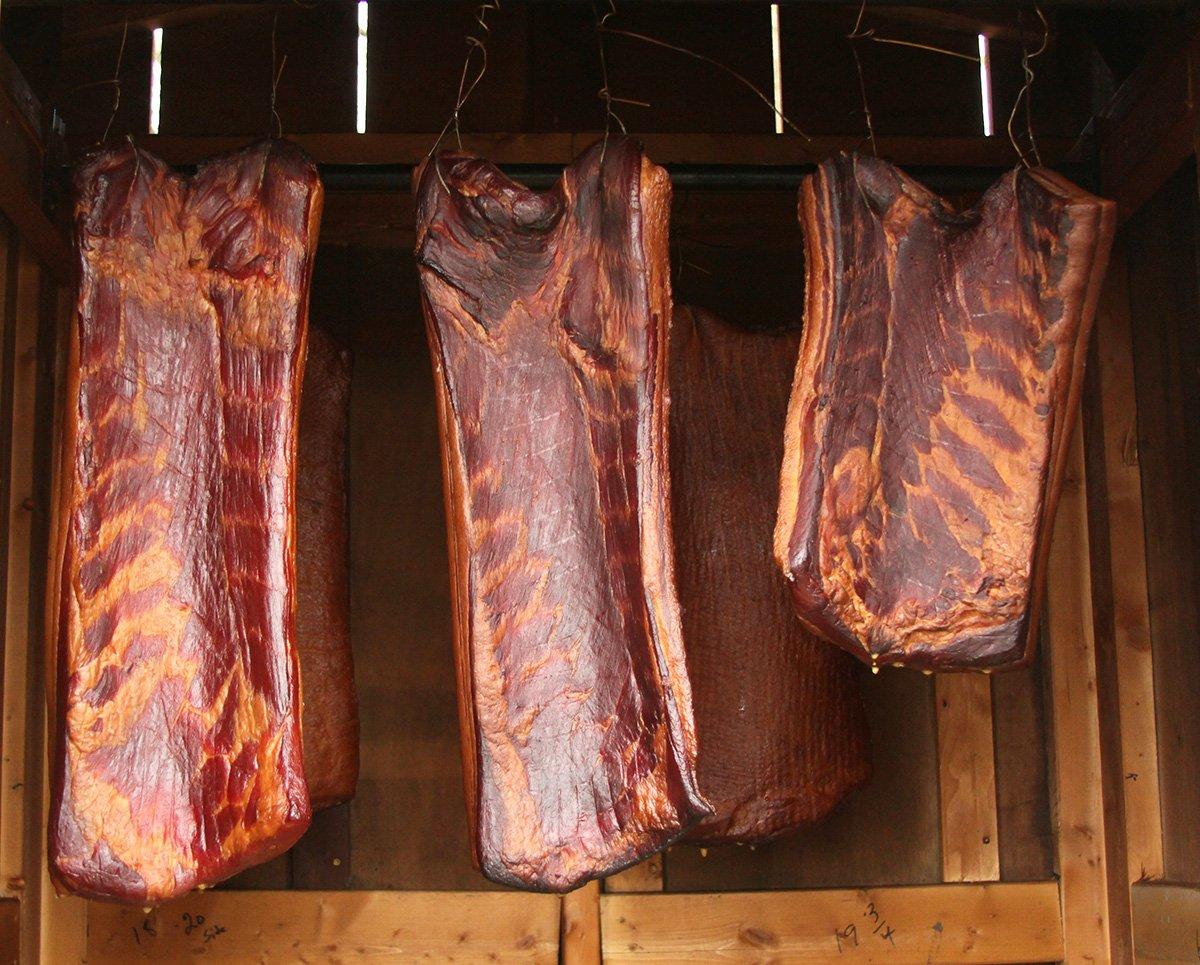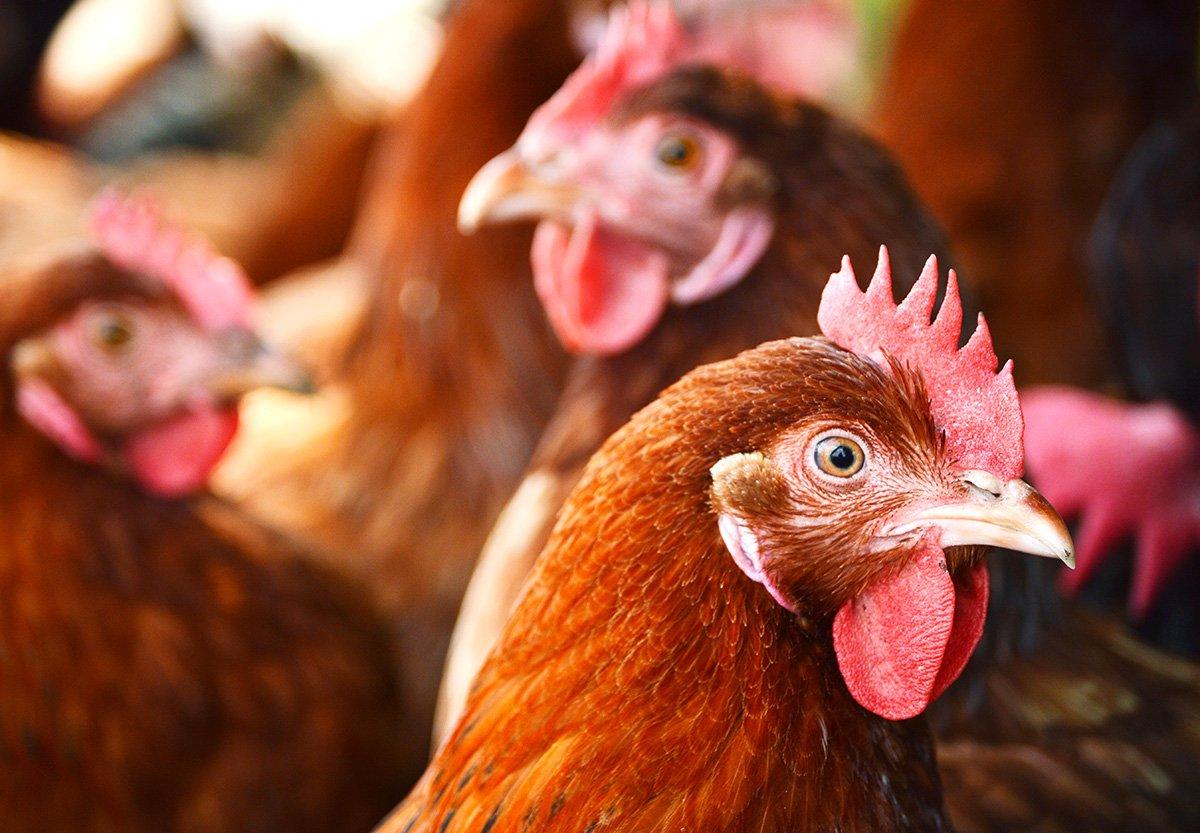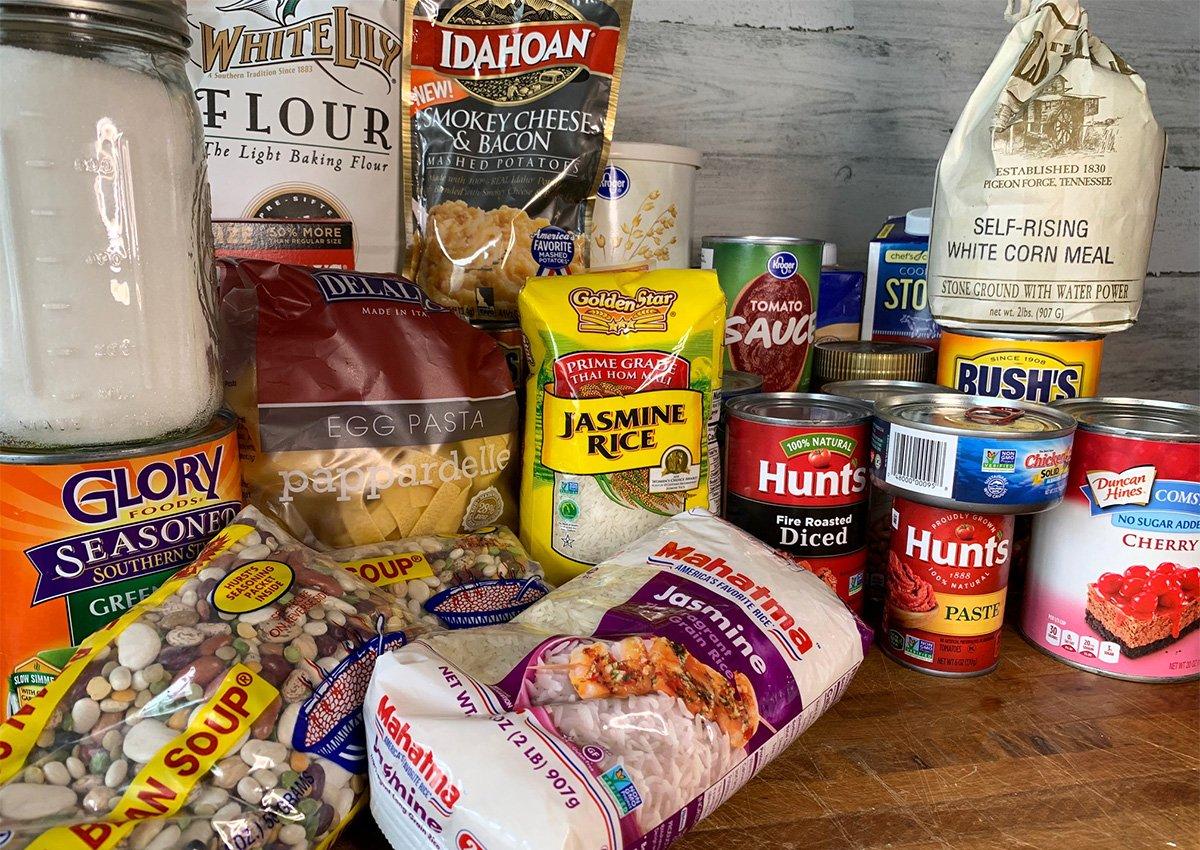No groceries? No problem. Here are 10 ways to keep your family fed.
For most of us, recent events have been a bit of an eye opener. Things like travel restrictions, empty grocery shelves and closed restaurants really make you think about the food supply you keep on hand. While I'm not too worried because American farmers will keep us fed, and truck drivers and food chain lines are running strong to refill stores emptied by panic shoppers, being able to feed yourself and your family without going to the store is never a bad thing.
The good news? If you are reading this, you are probably an outdoors person and most likely a hunter, angler, or both. Hunting has always, at its core, been about procuring food. If your state has a liberal antlerless deer limit, take advantage and put a couple extra does in the freezer this fall. Same goes for turkey, waterfowl, small game, etc. While a day's small game or upland hunt might not yield as much meat as a full-grown deer, elk or other large game animal, it all adds up to some tasty meals down the road.
Besides a limit of fish and game, what are some other things you can do to make yourself less reliant on the local grocery store? Click the links for recipes and how-to articles below.
1. Plant a Garden
There is something to be said for being able to step out your back door to gather the ingredients you need for a family meal. Corn, tomatoes, beans, okra, peppers, lettuce, cabbage, and a ton of other delicious produce are easy to grow.
You don't need a green thumb, and you can find lots of gardening information online or at your local County Extension Agency. Familiarize yourself with your area's planting zones so you know what is safe to plant and when. Things like lettuce and broccoli are more cold tolerant than tomatoes or corn. If you have limited space, make a plan to stagger crops so that you have something growing from early spring through late fall.
Don't have room for a full-sized garden? Check out container and raised-bed gardening. You can produce an extraordinary amount of food in a very small space using these methods.
2. Learn to Can
You will quickly find that your garden produces an abundance of produce in a short period of time, often more than you can eat before it spoils. The answer to avoiding waste is a pressure canner and a collection of canning jars. You can put up plenty of vegetables while they are at their peak freshness to enjoy in the coming winter months. Even better? Canned foods are shelf stable and don't require refrigeration or freezing for long-term storage. That's a definite plus if your power goes out for an extended period.
Besides vegetables, canners are a great way to store meat like venison and fish for long-term use. The meat inside the jars is fully cooked during the process, making them convenient emergency meals if you don't have a stove handy. They taste pretty good too. Try canning soups and stews with a mixture of your wild game and fresh vegetables.
3. Dehydrate
You don't have to pressure can all of your extra meat or vegetables. Another way to enjoy them over the long haul is to dry them out in a dehydrator like these Realtree models from Magic Chef and Weston. You can dry tomatoes along with other vegetables and fruits to make them shelf stable for years. And everyone loves jerky. It's easy to make your own with a dehydrator.
4. Store for the Long Haul
Not that long ago, everyone wrapped their game meat in freezer paper and sealed it with tape. It worked ok, but after a few months, the freezer's cold, dry air would start to desiccate the surface of the meat through the paper, and the flavor and quality would start to drop off noticeably.
Today, we vacuum seal almost everything. From meat to fruits to vegetables, if it goes in the freezer, we use a sealer like these from Weston and Magic Chef. Vacuum sealed food will easily last a year or more in the freezer with very little drop in freshness.
5. Plant an Orchard
While an orchard is more of a long-term project, once established it will provide your family with fresh fruit for years to come. Besides feeding your family, an orchard will also attract wildlife like deer, making it easier to fill your freezer this season.
You don't need a ton of land. Most fruit trees now come in dwarf versions, making it easy to fit three or four in a space as small as an average backyard. Extra fruit can be enjoyed fresh, or canned, frozen or dried for year-round enjoyment.
6. Learn to Forage
Nature can be a pretty great grocery store on her own if you just know where to look. Take some time to learn what wild fruits, mushrooms and nuts grow in your area and when they are ready to eat.
Not everything you find is safe to eat, and in fact a few things can make you really sick, or worse. So get a couple of quality field guides written for your specific area of the country. An even better way to learn is to make friends with experienced foragers in your area. Do some searching on social media, you will probably find a group of like-minded individuals that live in your area and would be happy to show you the ropes.
7. Keep a Beehive or Two
Honey is nature's sugar supply. Besides being delicious on your morning biscuit or in a cup of tea, you can substitute it for granulated sugar in just about any recipe. Keeping bees is surprisingly simple.
A couple of strong hives can produce enough honey to keep a few families well-stocked. Bees are great for your garden and fruit orchards as well, since they increase pollination rates and yields.
8. Learn to Cure Your Own Meats
Back in the day, just about everyone cured their own bacon, ham and sausage. The convenience of modern stores and mass-produced cured meats have meant a gradual shift away from the art. Not to worry, curing your own ham from pork, bear or venison or making your own bacon is a fun and easy process. You will be impressed with the flavor of the finished product. Sometimes the old ways are still the best.
9. Raise Some Chickens
Probably the easiest livestock to raise, chickens don't require a lot of space, will happily eat table scraps and insects from your yard, will provide plenty of eggs, and can always go into the roasting pan. Even most urban areas will allow homeowners to keep a few laying hens in their backyard.
If noise is a concern, avoid keeping roosters. You will still get eggs; they just won't be fertilized so they won't hatch. Chickens need a coop to keep them dry and protected from predators at night, but they can roam freely in your yard during the day.
Have more room for chickens? Check out some of the meat breeds. Chicken tractors are mobile coops that can be moved daily to allow the chickens access to new areas, but still protect them from predators. Good meat breeds can go grow from chicks to mature size in 8 to 12 weeks, depending on breed. For most hunters, processing a meat chicken will be a fairly familiar process.
Stock Your Pantry
A fully stocked pantry is a thing of beauty when you can't make it to the store or during the off season when your garden isn't producing much. What should you keep in your pantry? Foods with a long shelf life. Think pasta, dried beans and other legumes, rice, and staples like flour, cornmeal, sugar and salt. For things like cornmeal, flour and sugar, keep them dry and pest free by storing it in jars with tight fitting lids or by vacuum sealing the original packaging. A few canned goods like fruits, vegetables, tomato paste, etc. will let you put together a simple meal anytime of the year.
Will taking these steps mean you will never have to rely on a grocery store again? Not really, there will always be a few things you need to pick up now and then. What they will do is enable you to eat well for long periods of time on things you have supplied yourself. Recent times have shown us that things can change in a hurry. Knowing that you are able to feed your family for weeks, or even longer, no matter what? Yea, that's a pretty good feeling.


